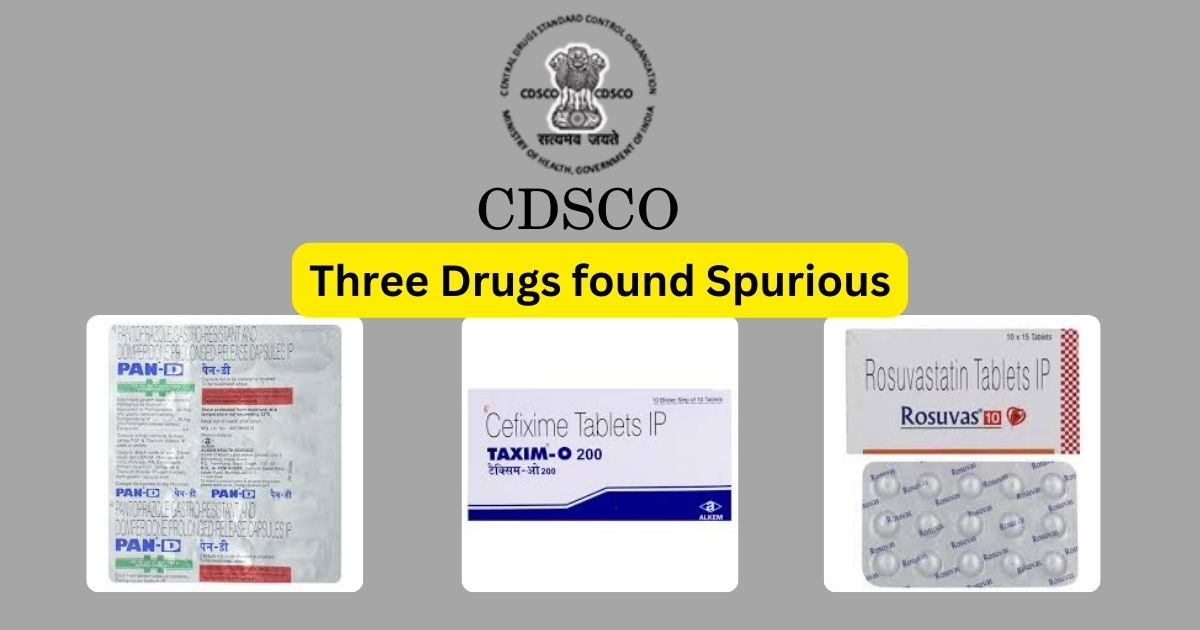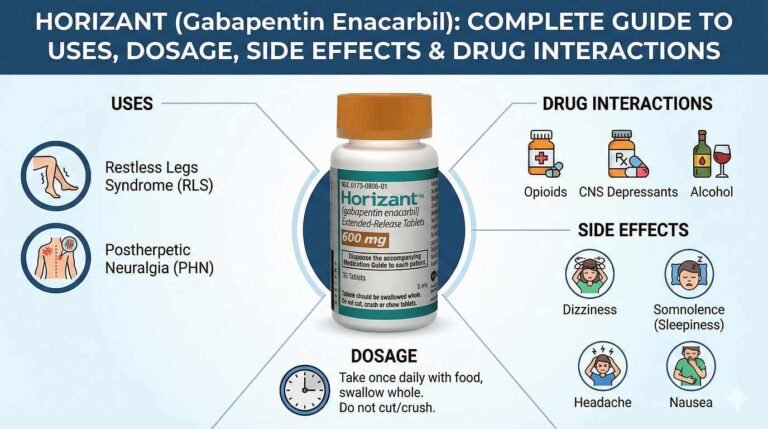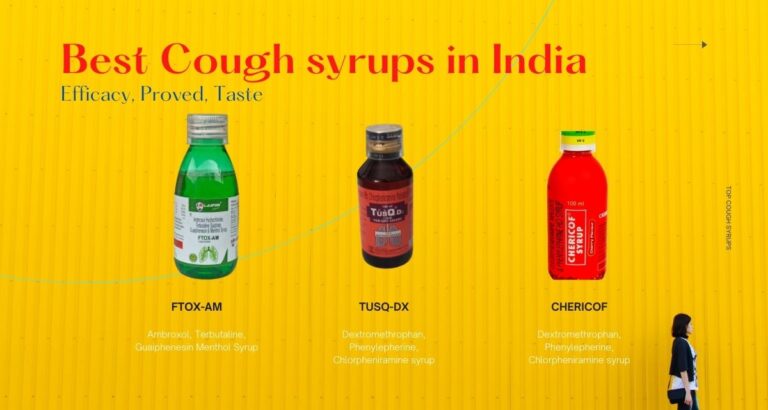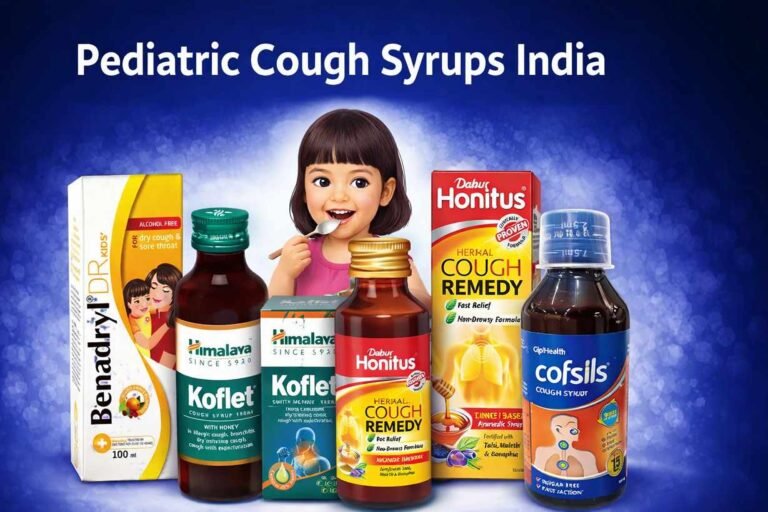The Central Drugs Standard Control Organisation (CDSCO), India’s national regulatory body for pharmaceuticals and medical devices, has released its monthly report for October 2024, where it identified several batches of medicines as spurious.
This critical regulatory alert is part of CDSCO’s ongoing initiative to ensure public safety and promote awareness among stakeholders about counterfeit products circulating in the market.
CDSCO is trying to eliminate the business of fake drugs that are a threat to public health and lives.
Details of Spurious Drugs October 2024
The report highlights three major pharmaceutical products flagged as spurious based on their labeling and non-compliance with manufacturing claims. These include:
| Drug Name | Batch No. | Mfg./Expiry Dates | Reason for Failure | Investigation Details |
| Pantoprazole Gastro-Resistant and Domperidone Prolonged-PAN-D Tablet | 23444296 | 12/2023 – 11/2025 | Identification and assay | The manufacturer denies producing the batch, identifying it as counterfeit. Investigation ongoing (Drugs Inspector Bihar). |
| Cefixime Tablets IP-TAXIM-O 200 | 23460072 | 01/2023 – 12/2024 | Dissolution and assay | The labeled manufacturer denies the batch’s authenticity. The investigation is ongoing (Drugs Inspector Bihar). |
| Rosuvastatin Tablets IP- Rosuvas 10 | SIE0116A | 02/2023 – 07/2025 | Assay and dissolution | The manufacturer denies producing the batch and has identified it as counterfeit. The investigation is ongoing (Drugs Inspector Kolkata). |
What are Spurious Drugs?
Under Section 17-B of the Drugs and Cosmetics Act, 1940, a drug is classified as spurious if:
- It is manufactured under a name belonging to another drug.
- It imitates or substitutes another drug in a way that is likely to deceive.
- Its label or container falsely indicates the name of a non-existent manufacturer.
- It is wholly or partially substituted with another substance.
This definition underscores the seriousness of counterfeit drugs, which pose a significant threat to public health by undermining the efficacy of legitimate medical treatments.
Impact on Stakeholders and Public
CDSCO collects drug samples from sales and distribution points across the whole country as part of its drug regulatory surveillance. This ensures that fake drugs are identified timely that helps to limit their distribution and mitigates risks to patients. Stakeholders, including healthcare professionals, pharmacists, and consumers, are requested to verify the drug genuinely and not hesitate to report any suspicious drug to the local drug authorities.
The spurious drug alert serves as a reminder of the challenges faced by the pharmaceutical industry in combating counterfeiting. Manufacturers are also encouraged to implement robust anti-counterfeiting measures by applying barcoding and more precautions, such as advanced packaging and track-and-trace systems, to safeguard their brands.
How can a Consumer be safe?
Consumers are advised to follow the following guidelines in this regard:
- Purchase medicines only from licensed pharmacies checking the batch does not match the above three.
- Check packaging details, including batch numbers and manufacturing information.
- Report any discrepancies or adverse reactions to the nearest drug control office.
Conclusion
This month’s alert from CDSCO underscores the critical need for vigilance in the pharmaceutical supply chain. It is a significant health risk by counterfeit drugs, It requires collective action from drug departments, drug manufacturers, and consumers is essential to ensure public health safety. CDSCO also issues monthly alerts for NSQ Drugs every month.
References:
- Central Drug Control Standard Organization-CDSCO
- IndianKanoon(.Org)




